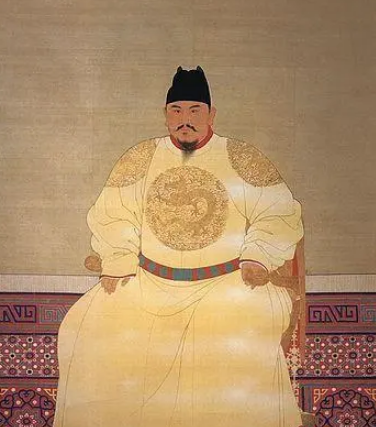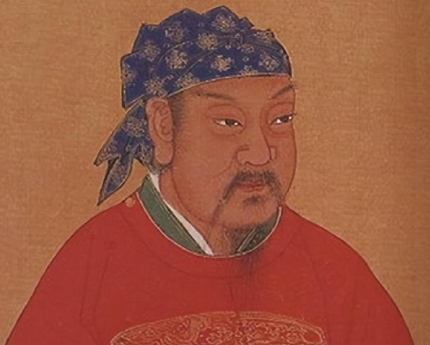In ancient China, the daily life of the emperor was strictly regulated and arranged, full of ceremony and regularity. As the longest-reigning monarch in the history of the Qing Dynasty, what was a day in the life of Emperor Qianlong like? This article will recreate a day filled with political activities and personal life of Emperor Qianlong through historical materials.

1. Early Morning Wake-up and Morning Court Session
The day of Emperor Qianlong usually began before dawn. According to records, he was accustomed to waking up at Mao time (approximately 5 to 7 am), washing up, and then immediately heading to the Qianqing Palace to attend the morning court session. The morning court session was an important moment for the emperor to handle state affairs, where officials of all levels would report on government affairs, and the emperor would make corresponding decisions.
2. Political Activities During the Day
After the morning court session ended, Emperor Qianlong would return to his office to continue handling state affairs. He personally reviewed memorials, received ministers, and discussed national affairs. After lunch, there might be a brief break before resuming afternoon work. Emperor Qianlong was known for his diligence, and he paid great attention to and managed national affairs very meticulously.
3. Evening Leisure Time
As night fell, the day of Emperor Qianlong did not end. After dinner, he might read books, appreciate art, or listen to music to relax. In addition, the emperor would also carry out the so-called "flipping the tablet," which was choosing a concubine to sleep with, which was part of the palace life.
4. A Full but Boring Daily Routine
Despite the various political activities filling Emperor Qianlong's daily life, there were also boring moments. The repeated schedule and strict etiquette norms made the emperor's life lack personal freedom to some extent. However, Emperor Qianlong also found joy in life through art, literature, and his love of nature.
5. Conclusion
The day of Emperor Qianlong reflects the lifestyle and governance philosophy of ancient Chinese emperors. From the morning court session to evening rest, the emperor's schedule was almost entirely occupied by political activities. Although the life seemed fulfilling, it was inevitably monotonous under strict court rules. However, it was this daily discipline and order that supported the stability and prosperity of a vast empire.
Disclaimer: The above content is sourced from the internet and the copyright belongs to the original author. If there is any infringement of your original copyright, please inform us and we will delete the relevant content as soon as possible.































